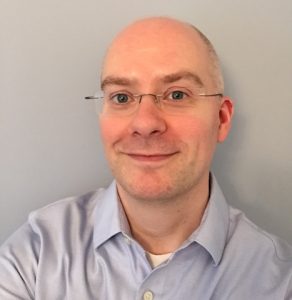During a research trip to his native Sudan last summer, Khalid Ahmed saw tiny barefoot children begging in the streets in 40 C heat and eating leftovers off the plates of restaurant patrons. It had been almost 10 years since he left Sudan fearing for his own safety. The human devastation caused by the civil war that has been fought intermittently for almost 50 years nearly broke his heart, but the experience strengthened his commitment to study the conflict and contribute to its resolution.
“I saw the ugly side of war. Now I want to know what we can learn from it and how we can promote peace, justice and democracy in Sudan,” says Ahmed, 32, who is earning a political science degree with a major in peace and conflict studies. Ahmed immigrated to Canada by himself in 1993 and after several years of studying English entered the academic bridging program for mature students at Woodsworth College. A scholarship supported his three-month research trip to Sudan, where he interviewed aid workers, tribal chiefs, government officials and ordinary citizens about their perspectives on the war’s root causes and its impact on their lives.
Being a Sudanese who speaks Arabic allowed Ahmed to reach people in regions that are inaccessible to foreign researchers, while his Canadian citizenship gave him the confidence to ask politically charged questions without fearing for his safety. It was the first study of its kind by a Sudanese and will be featured this fall in a journal published by U of T’s Peace and Conflict Studies program. He calls the conflict a neglected humanitarian disaster and has made it his mission to heighten awareness about it in Canada, starting with his academic peers. Last year, he organized a seminar on peace building in Africa for his fellow students. “I try to make my classmates understand the real experience, not the theory they read in books,” he says.
Ahmed plans to go on to graduate school at U of T where he will shift his research from the origins and effects of the war to strategies to help the country make a successful transition to peacetime. Most of the educated middle class, including Ahmed’s family, have left Sudan. But if current peace negotiations go well he hopes to eventually put his knowledge to use by moving back home. “Because if we all stay here, who’s going to help rebuild our homeland?”





